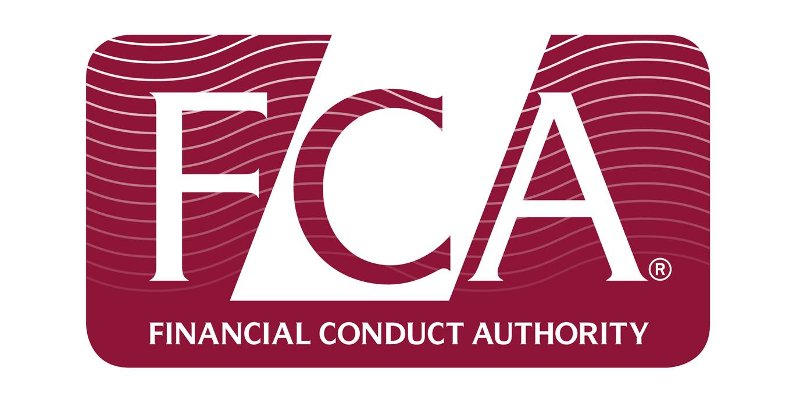Many financial services firms expect the FCA to entrench dealing with vulnerable customers as a conduct obligation with redress where firms fail to meet the regulator’s standards. The research will be unveiled and discussed at this year’s Just Group Retirement Leaders Annual Summit.

Nearly two-thirds (65%) of financial intermediary firms expected identifying and protecting vulnerable consumers to become an activity formally supervised by the Financial Conduct Authority in the next five years, Just Group has found.
Many financial services firms expect the FCA to entrench dealing with vulnerable customers as a conduct obligation with redress where firms fail to meet the regulator’s standards. The research will be unveiled and discussed at this year’s Just Group Retirement Leaders Annual Summit.
Stephen Lowe, group communications director at Just Group and chair of today’s summit, said: “The FCA has said up to 50% of consumers could be potentially vulnerable and need extra support.
“The independent research found the typical number identified by firms was around 5% or less, so clearly there is a huge gap between the regulator’s expectations and the firms’ experience.
“In part this reflects the scale of the issue and the diverse range who are potentially vulnerable, encompassing people with mental and physical health issues, low financial capability, those who have experienced divorce or bereavement, or even some groups such as those with an addiction or ex-offenders.
“Adding to the complexity is that vulnerability may be permanent or temporary and customers may not see even themselves as vulnerable or be reluctant to disclose relevant information.”
He said that firms believe there needs to be more joined up thinking by government and regulators and more co-operation across different industry sectors.
Nearly four years on from the publication of the FCA’s Occasional Paper No.8 Consumer Vulnerability and ahead of new guidance expected this year, the research is the first in-depth exploration of the progress firms have made so far and how best to meet the challenges that lie ahead.
More than 100 financial services providers and intermediaries, plus a trade body, took part in the research – Dealing with vulnerable customers: the industry response – that was carried out by Ignition House and combined in-depth interviews and quantitative survey data.
With the FCA increasing scrutiny on how firms identify and deal with vulnerable customers, the research revealed what firms are doing and identifies ‘calls to action’ where firms could cooperate to share information and best practice.
Lowe added: “We found most firms are reliant on frontline staff to identify vulnerable customers but this is a big ask because, however highly trained, they are by no means experts in diagnosis.
“The most obvious vulnerabilities will be picked up but firms are aware there is a vast swathe of less obvious cases that are going un-recorded.”
He said one practical example highlighted is how the industry is dealing with Lasting Power of Attorney and the fact family or carers, when they need to step in to provide support, might have to provide the same document to dozens of different companies who will have different processes and systems for dealing with them.
Lowe said: “Our research shows firms would welcome more industry guidance and cross-sector initiatives, driven by government and backed by regulators, to create a single point of contact to notify an LPA is in place.
“In reality, this is the tip of the iceberg and as the population ages there are many complexities around how firms recognise, record, respond and report consumer vulnerability.”
“Most firms are dealing with their vulnerability policy at a senior manager or board level although the majority had not yet assigned a dedicated budget.
“Clearly we are at the start of a journey that is likely to be long and difficult. Today’s summit, drawing together many leading thinkers in this field, is designed to help ensure we all understand the terrain and are heading in the right direction.”



